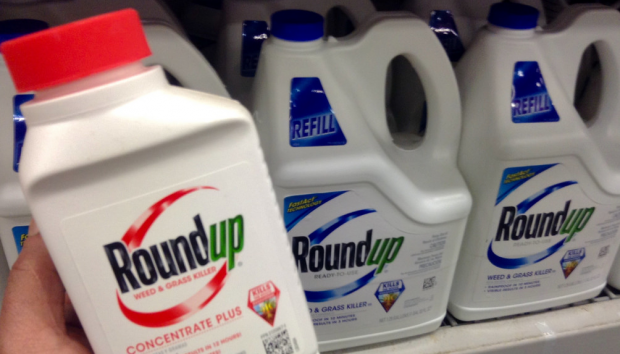
Breaking News
 O'KEEFE INFILTRATES DAVOS WORLD ECONOMIC FORUM
O'KEEFE INFILTRATES DAVOS WORLD ECONOMIC FORUM
 We're Better Than We Think We Are
We're Better Than We Think We Are
 Mike Benz reminds MAGA who the REAL enemy is. And it's our fault…
Mike Benz reminds MAGA who the REAL enemy is. And it's our fault…
Top Tech News
 The day of the tactical laser weapon arrives
The day of the tactical laser weapon arrives
 'ELITE': The Palantir App ICE Uses to Find Neighborhoods to Raid
'ELITE': The Palantir App ICE Uses to Find Neighborhoods to Raid
 Solar Just Took a Huge Leap Forward!- CallSun 215 Anti Shade Panel
Solar Just Took a Huge Leap Forward!- CallSun 215 Anti Shade Panel
 XAI Grok 4.20 and OpenAI GPT 5.2 Are Solving Significant Previously Unsolved Math Proofs
XAI Grok 4.20 and OpenAI GPT 5.2 Are Solving Significant Previously Unsolved Math Proofs
 Watch: World's fastest drone hits 408 mph to reclaim speed record
Watch: World's fastest drone hits 408 mph to reclaim speed record
 Ukrainian robot soldier holds off Russian forces by itself in six-week battle
Ukrainian robot soldier holds off Russian forces by itself in six-week battle
 NASA announces strongest evidence yet for ancient life on Mars
NASA announces strongest evidence yet for ancient life on Mars
 Caltech has successfully demonstrated wireless energy transfer...
Caltech has successfully demonstrated wireless energy transfer...
 The TZLA Plasma Files: The Secret Health Sovereignty Tech That Uncle Trump And The CIA Tried To Bury
The TZLA Plasma Files: The Secret Health Sovereignty Tech That Uncle Trump And The CIA Tried To Bury
Roundup (glyphosate) found to cause alarming changes in the gut microbiome

(Natural News) A new study has revealed that Roundup exposure leads to major changes in the gut microbiome of rats, and it's a finding that could have significant ramifications on human health.
This study was carried out by a team of researchers at the University of Caen in France led by Professor Gilles-Eric Seralini. Seralini is a French molecular biologist known for his groundbreaking study that linked genetically modified corn and glyphosate in Roundup to cancer. His findings were so damning that Roundup manufacturer Monsanto took action to have the study retracted, only to see it later republished elsewhere.
In his latest study, fecal samples of rats were analyzed to assess their gut microbiomes. The researchers also grew bacteria in vitro using feces taken from control animals and then treated with three concentrations of Roundup: 0.1 ppb, 400 ppm, and 5,000 ppm.
The study found a sex-specific alteration in the female rats' gut microbiomes. There was a rise in the Bacteroidetes family S24-7, while the Lactobacillae bacteria family noted a decrease. These changes were seen in all three of the Roundup doses given to the rats, which would appear to indicate that the effect is more related to the presence of Roundup in the first place than the amount administered.

 A Report from Middle America
A Report from Middle America
 Nano Nuclear Enters The Asian Market
Nano Nuclear Enters The Asian Market


